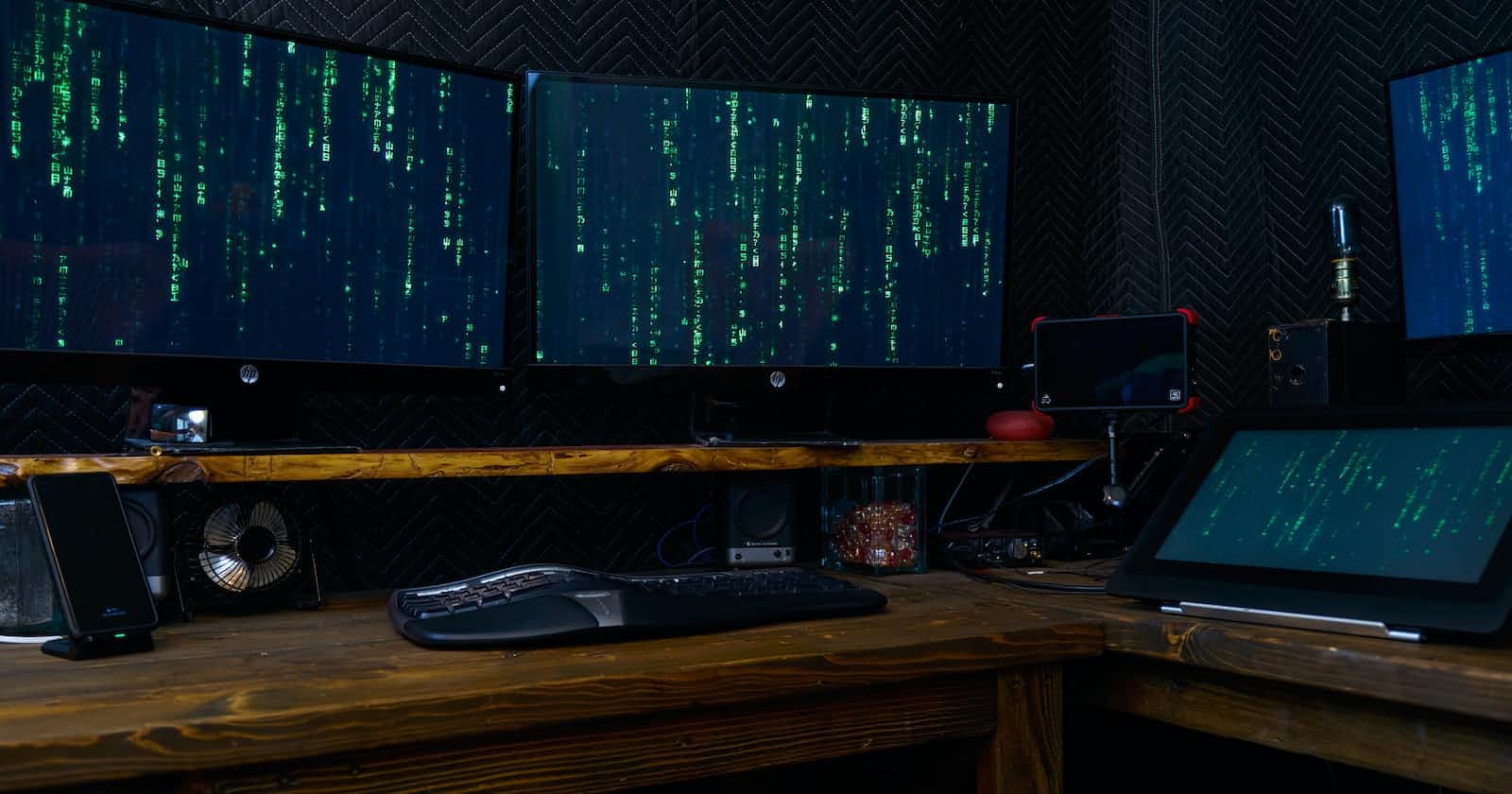So the best thing I have found about Linux is that the need for people who know Linux is on the rise. There are so many jobs that need people who know Linux. I accidentally started in Linux because I was tired of Windows and I didn't really like Apple. Some people love Apple, who am I to judge anybody's preferred distribution. Once I found Linux I fell in love. The terminal had no use for me until I found Ubuntu Jammin Jellyfish.
When I started and when you start, you want the most stable version. This is because you need to learn the "update && upgrade -y" command. When you first load the first time you should know that the version that is stable still needs to be updated. When you run the latest release it must be updated for firmware and software updates. Everything in Linux must be updated. This is to keep up with security measures. Linux is tough to crack on general principle but when you update the patches it helps with overall health of the system.
The packet manager I am currently using is aptitude. It is used by Debian based distro's. The package manager will vary on what distro you use. I have been using apt for Linux and pip with python. When using python, you can create a virtual environment to work in and close it when you are finished and all of the dependencies will be there for you in that environment. I also like the idea of being able to start fresh with a new version of a Linux distro every week or so. This is also recommended so rootkits cannot be as effective. Also if somebody has gotten in to your system, resetting from brand new can clean up lingering malware or rootkits.
Most command need a super user to access or to run. So you can get that by typing in sudo -i, this opens an interactive shell. The Nmap program is a very good tool to start with no matter you experience level. Nmap is great with finding open ports and scans for nearby devices. Net-tools is a very basic tool you will need. For it has ifconfig in its package. So "sudo apt install net-tools ; sudo apt install nmap -y ; sudo apt install cmatrix -y". This will run each of the 3 commands. The semi colon will run each command even if the command fails. It may ask you for a password once. Otherwise if you leave a space, the commands will only run if the previous command was successful. Also cmatrix is a screen saver for fans of the Matrix movies.
So now I am rolling with Kinetic Kudu (22.10). It is the latest version of Ubuntu, and I update it every week at least. I use Visual Studio Code for my development environment, and shotcut to make videos for Youtube. These are my favorite tools to use. Also not to forget Lynis the vulnerability scanner. These few programs are my staples when I use my workstation. This is a basic toolkit to get started in tech, and from here you can go anywhere. You can even clone repositories to use other tools with git clone. You are going to need a github account. Go to github.com.
